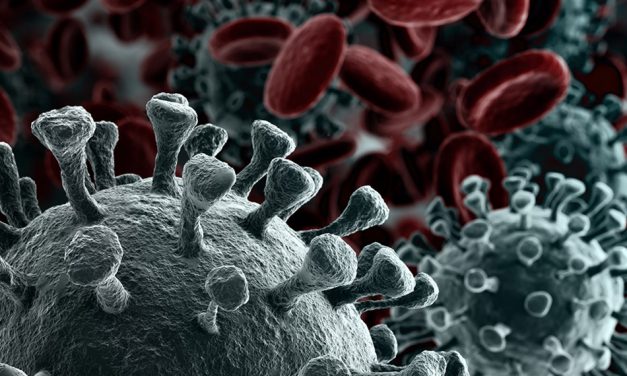Patients with COVID-19 show a state of hypercoagulability (a strong activation of blood clotting) as shown by elevated levels of certain plasma proteins such as fibrinogen and d-dimer as well as a parallel increase in inflammation markers ( e.g. C reactive protein). In these patients there was a considerable increase in pulmonary embolism, thrombophlebitis and heart attacks. In particular, venous or arterial thrombosis is one of the most serious complications of the disease, as well as predicting a worse outcome (death). According to several studies, the incidence of thrombotic complications ranges from 16 to 49% in patients with COVID-19 admitted to intensive care.
Autopsy studies performed in patients who died from COVID-19 describe extensive diffuse alveolar damage and the presence of thrombus rich in fibrin and platelets within the small peripheral vessels of the lungs. These microvascular pulmonary thrombosis could be the cause of the obstruction of small vessels and organ failure in other organs as well. Importantly, consistent with these clinical and pathological findings, the data indicate that biochemical biomarkers of coagulation in critically ill COVID-19 patients are associated with a higher risk of death. An important endothelial activation, secondary to inflammation, could be the basis of this highly thrombophilic picture, but in-depth studies are needed in order to identify possible causes and predictive markers of thrombosis.
Furthermore, given the great variability of the individual response to SARS-COV2 infection, it is important to understand if and how biological and genetic factors can predispose to more serious disease, including the development of coagulopathy and thrombosis. Several candidate genes and allelic variants associated with host susceptibility to infection by other members of the betacoronavirus genus have already been identified. To date, no studies have evaluated the role of thrombophilic variants in disease severity and thrombosis in patients with COVID-19. Genetic alterations of different blood clotting components can directly or indirectly affect the hemostatic balance and trigger a prothrombotic state.
The working hypothesis of our project is that genetic allelic variants of coagulation proteins are among the factors influencing the severity of COVID-19, including thromboembolic complications.
Our main goal is to analyze coagulation proteins and the different genes associated with thrombophilia in a population with a high risk of infection and a high incidence of serious outcomes, such as that of the Bergamo area, compared to that of the general population.
All this will allow stratification of patients most at risk for the worst outcome of COVID-19 and better clinical management of thrombosis.
Extensive study of coagulation in patients with COVID19 (EMO-COVID19)
Categories
COVID19 - Coagulation
3 September 2020
